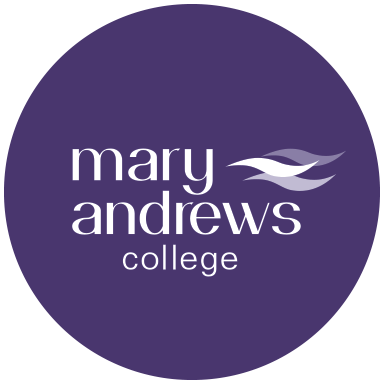What is Community Chaplaincy?
Is your heart stirred to reach out to people in your community but you don’t know quite how to do it?
Many Christians have a view that our churches should be welcoming places for people to come to, but they don’t think seriously about how the church can go out to the community.
That is what Community Chaplaincy is all about.
Community Chaplains minister to different groups in the community often involving marginalised people or people in need.
The Anglican Church, through Evangelism and New Churches (ENC), offers accreditation to approved Community Chaplains after they receive training. This enables these people to be able to introduce themselves to people in the community as a ‘chaplain’. For many people in our community this is a positive title. Perhaps they have heard of sports chaplains, or chaplains who help in crisis situations, they may be familiar with school chaplains or hospital chaplains. Community chaplaincy builds on this. Having this title makes it easier to reach out to people. There are community chaplains working in aged care; amongst city workers; ministry amongst men; women and children; walking groups; reaching out to people in a neighbourhood.
Community Chaplaincy is meant to be a creative initiative to share the Gospel and to show genuine love and concern to people who wouldn’t normally engage with a church. It gives scope for people to be very specific in thinking how they could reach people that God has laid on their hearts. There is scope for lots of creative ideas.
Being a Community Chaplain means you are linked with a Church or parachurch organisation and would receive ongoing support and supervision.
In order to become a Community Chaplain you need to have some basic theological and practical training. This is where Mary Andrews College can help you. If you have done one of the MAC Certificates or Diploma Courses which includes some of the pastoral units then you can apply to become a Community Chaplain.
Hear from community chaplains, in this video from NEC:

